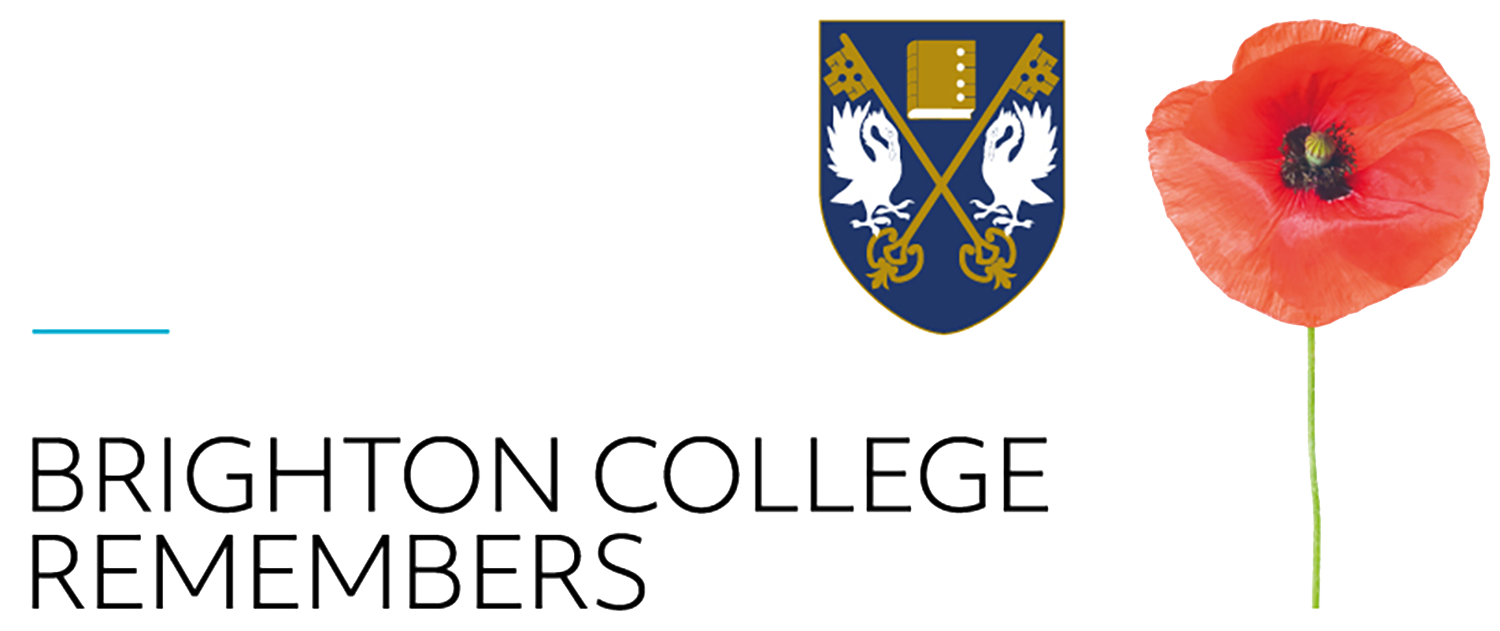Lieutenant Colonel, Indian Army
Born: December 31st1897
Died: March 3rd 1942
Age at Death: 44
Killed in action, March 3rd 1942
John was born on the last day of 1897 in Milton Regis, Kent, to Emily and Amos Acworth. On leaving the College he decided to join the Indian Army, working as a deckhand on a boat to the country to pay his way, and was commissioned as a second lieutenant with the Poona Horse Regiment. His first battle experience was in 1917 at Cambrai in northern France, when mounted soldiers fought alongside the new-fangled tanks that would soon completely supplant horses in warfare.
In 1919 Acworth served as a squadron commander in the Third Anglo-Afghan War, serving in Baluchistan (now in southwest Pakistan) where he learned the local language, Baluchi. Acworth disguised himself as a beggar to listen to all the gossip around the marketplaces, thus gaining valuable information regarding the poisoning of wells and possible ambush sites for the next season’s army expeditions. There is a splendid photo of him in this garb, though with his erect military posture he is distinctly un-beggar like.
In 1929 Acworth, by now a captain, returned to England for officer training at Sandhurst. While in England he met and married Jean Wallace, who bore him a son, Hugh, later a major in the British Army, and a daughter, Caroline.
In May 1941 he was promoted to lieutenant-colonel in command of the 4th Battalion of the 12th Frontier Force Regiment, part of the 11th Indian Division. Based in the British colony of Malaya, the division suffered huge casualties when the Japanese attacked in December 1941, and surrendered in February 1942 when Singapore fell to the Japanese. Acworth managed to escape to Sumatra in the Dutch East Indies, where he boarded the SS Rooseboom (which also rescued fellow Old Brightonian Rex Nunn), sailing for the British colony of Ceylon. However, on 1 March 1942 the ship was sunk by a Japanese submarine and managed to launch only one lifeboat, built to carry 28 but with 135 souls crowded onto it.
Far from panicking, Acworth came into his own. He took charge of rationing and decreed that every fit man was to do a spell of four hours per day in the water. However, when the boat ran aground 26 days later near Sumatra, after much suffering and one case of cannibalism, there were only four survivors – and Acworth was not among them. Acworth is commemorated at the Singapore Memorial.

